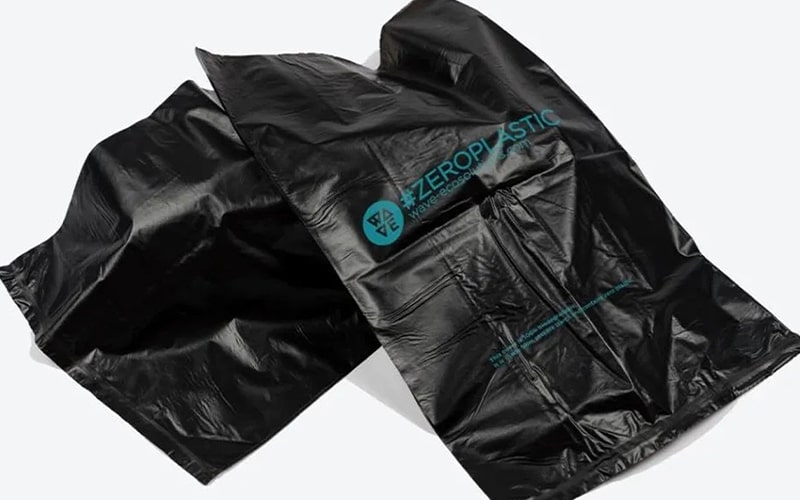In the year 2015, the United Nations developed a set of 17 global objectives, which was christened Sustainable Development Goals. The UN referred
to it as “a blueprint to achieve a better and more sustainable future for all people and the world by 2030.” As part of this set of goals is goal 13, which calls on nations to take urgent action to combat climate change and its impacts by regulating emissions and promoting developments in renewable energy.
This charge has pushed humanity to high levels of innovation and ingenuity, largely demonstrated in the use of recycled items to make clothes, shoes, sanitary pads, skateboards, and many other household items. Another recent innovation that has sprung up in the growing trend of paying more attention to the environment, is the use of cassava to make biodegradable bags as a replacement for polythene bags The bags which are primarily made using cassava starch, vegetable oil, and organic resins are completely bio-degradable & compostable. That is, they do not harm
the environment throughout their entire life-cycle. They also require a significantly lesser time to break down when left to compost. As an added plus, cassava bags are soluble in water under high temperatures, thus, they do not contaminate the environment.
The Process
Cassava starch is mixed with vegetable oil and organic resins and then put into a granulator machine. It is subsequently exposed to temperature & pressure, resulting in the production of pellets.
The pellets are put into an extruder machine to be pressed through a circular die gap to form a continuous tube of bioplastic. The tube is then cut off, while still in a molten state, then stretched and inflated to obtain the required size and thickness.
The inflated bioplastic is allowed to cool and then wound into rolls to be converted into bags. The shape and size of the bags are usually cut based on their intended purposes. This can range from grocery bags to trash bags.
For a country that uses a lot of plastic bags in our everyday trading and household activities, investing in cassava starch processing and indeed the production of bio-degradable bags could be a highly lucrative project for any investor. That is because cassava is one of the few crops that can be accessed all year round. Added to the fact that the venture also helps protect the planet, it makes such an investor part of the reasons the future generations can look forward to a safer world. How heavenly that is.


Comments are closed.